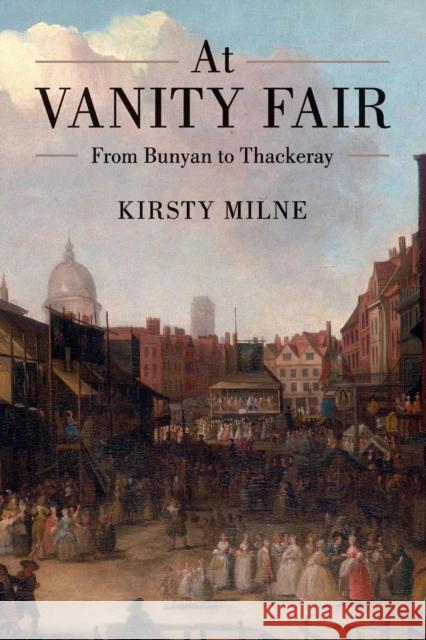At Vanity Fair: From Bunyan to Thackeray » książka
topmenu
At Vanity Fair: From Bunyan to Thackeray
ISBN-13: 9781107513686 / Angielski / Miękka / 2017 / 238 str.
At Vanity Fair: From Bunyan to Thackeray
ISBN-13: 9781107513686 / Angielski / Miękka / 2017 / 238 str.
cena 154,78
(netto: 147,41 VAT: 5%)
Najniższa cena z 30 dni: 125,88
(netto: 147,41 VAT: 5%)
Najniższa cena z 30 dni: 125,88
Termin realizacji zamówienia:
ok. 22 dni roboczych.
ok. 22 dni roboczych.
Darmowa dostawa!
Explores how Vanity Fair transformed from its Puritan origins as an emblem of sin into a modern celebration of hedonism.











